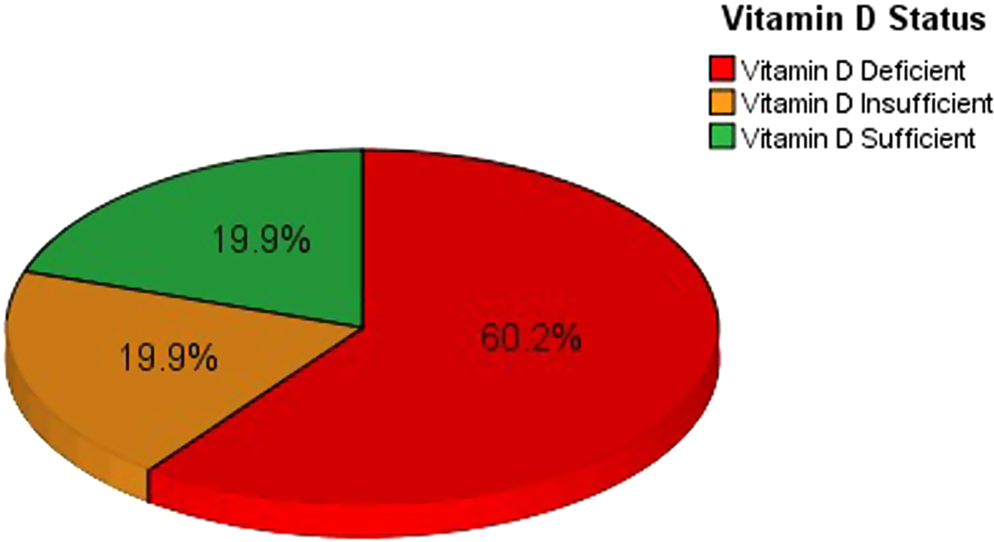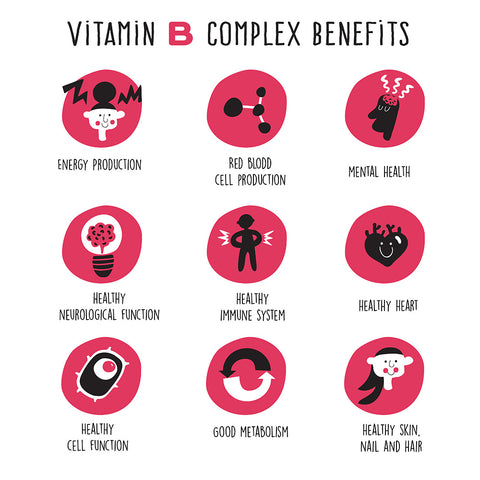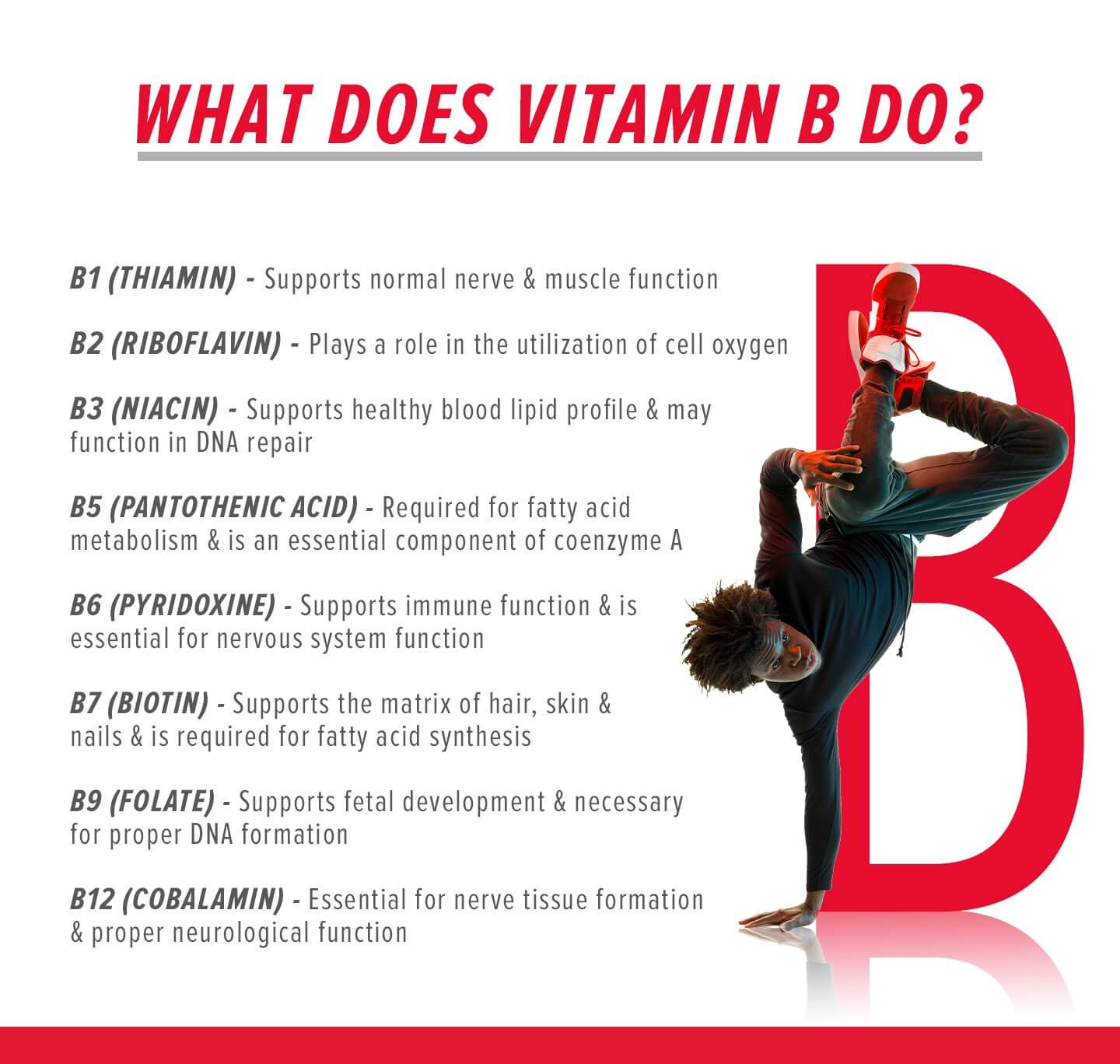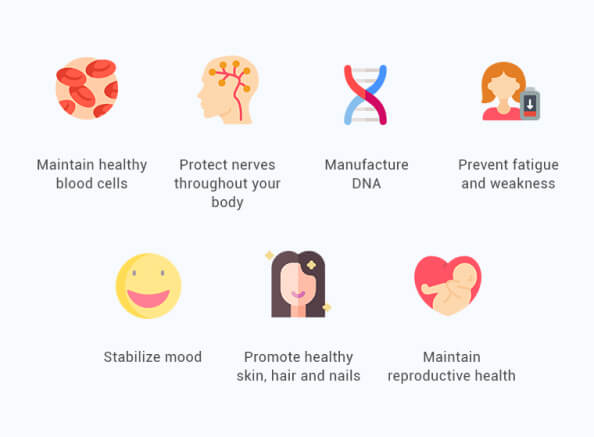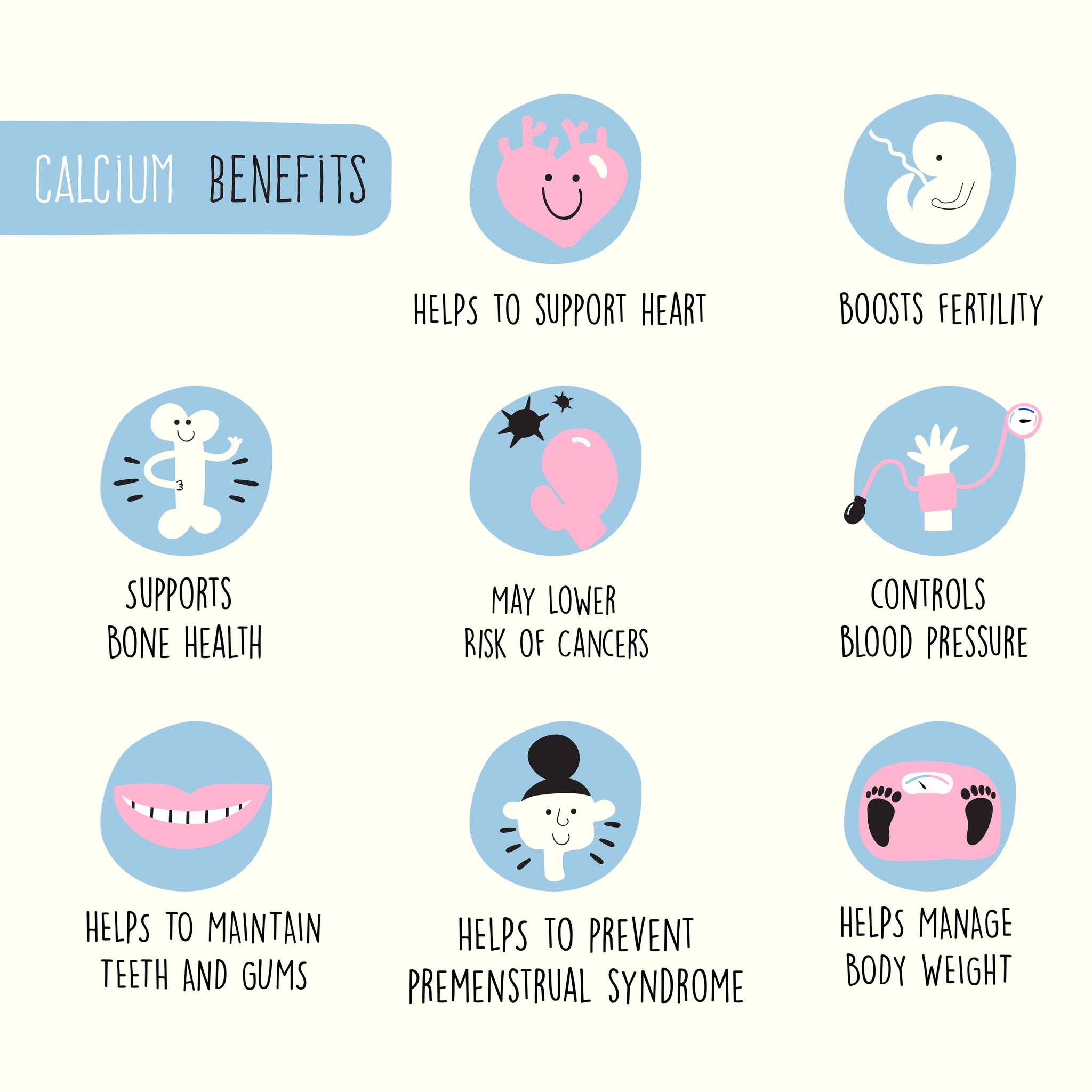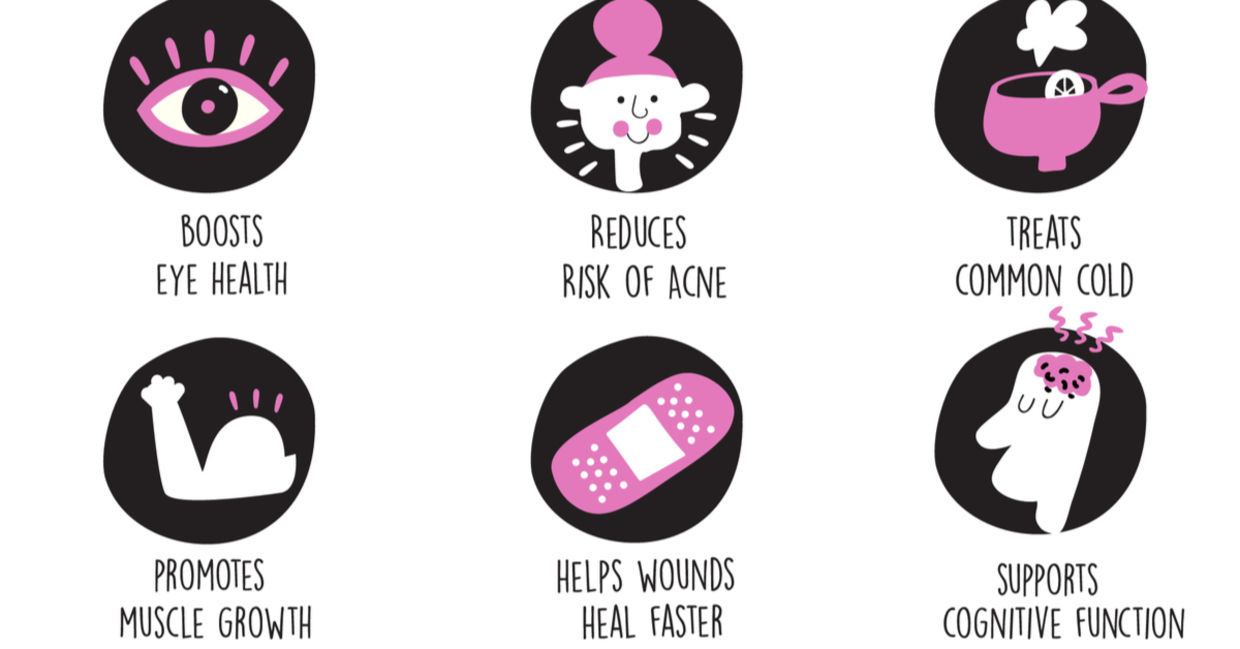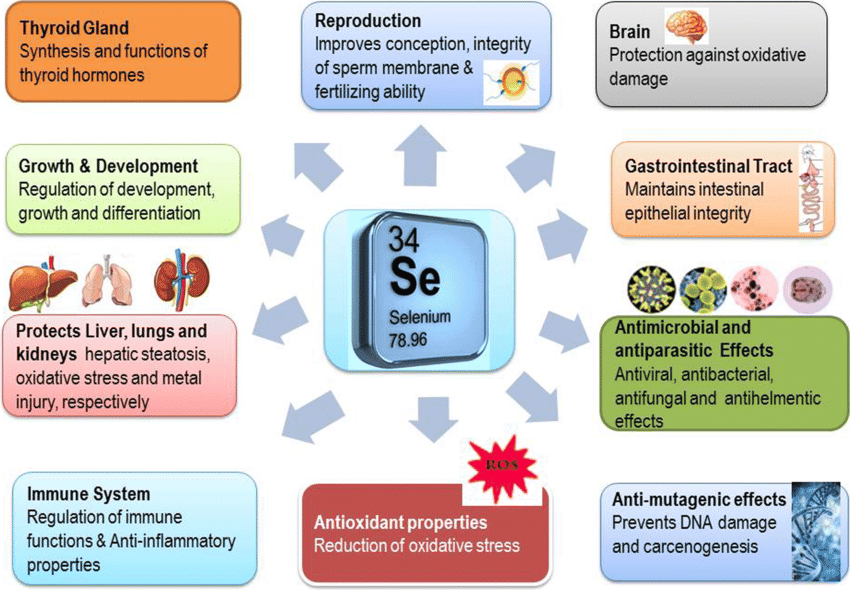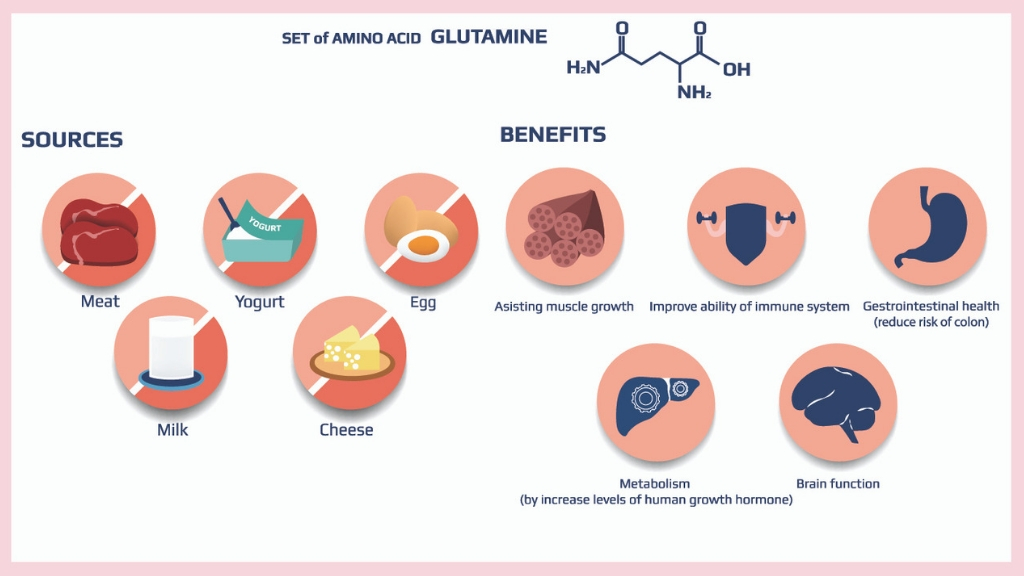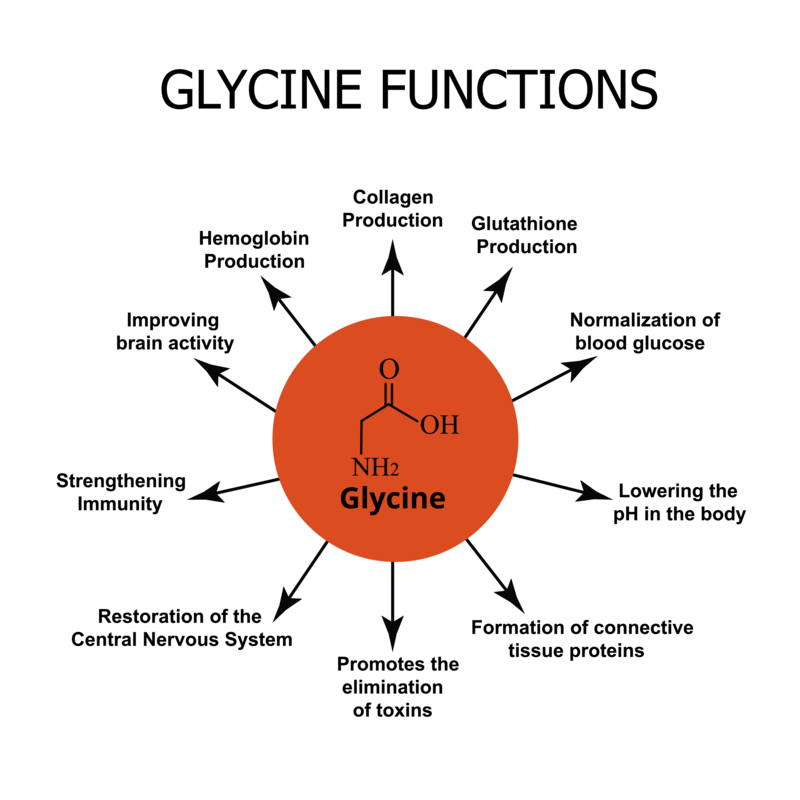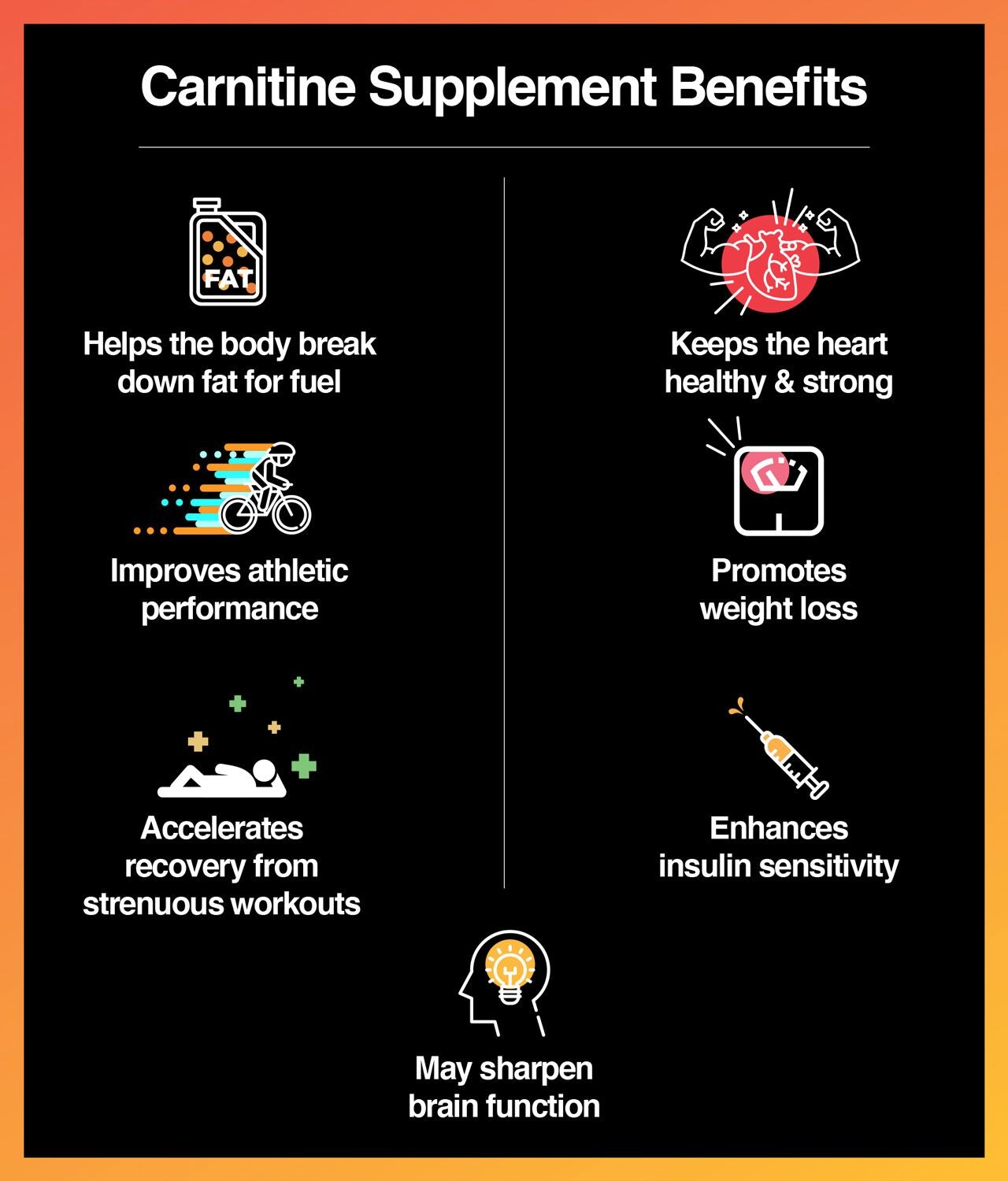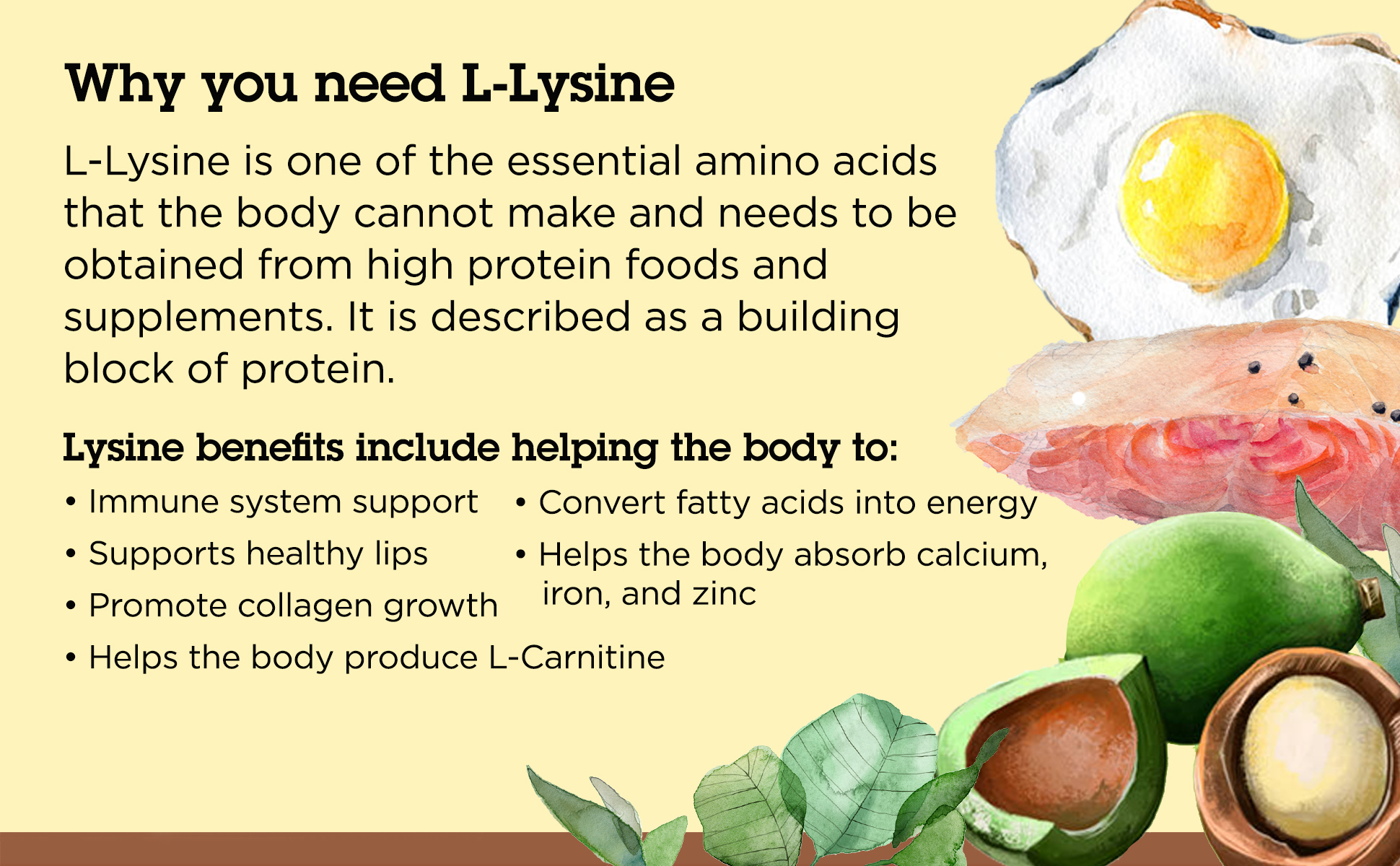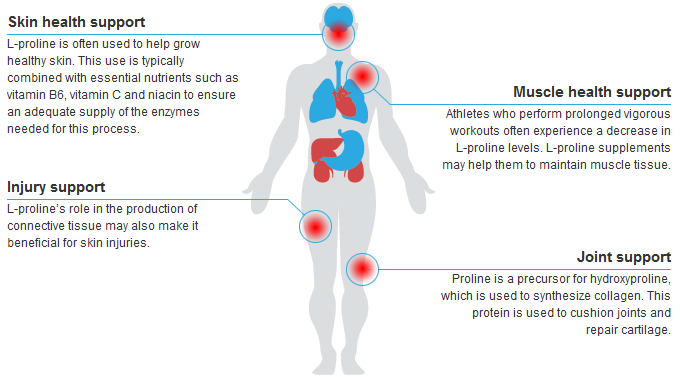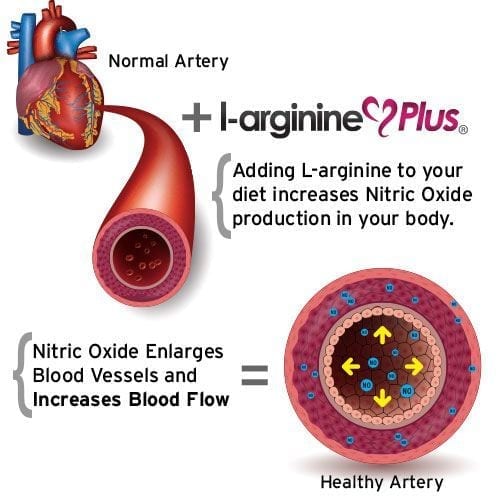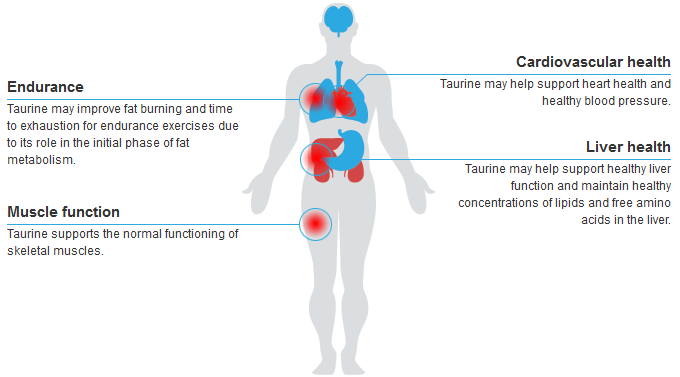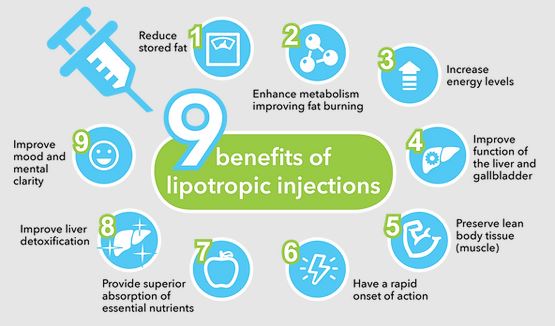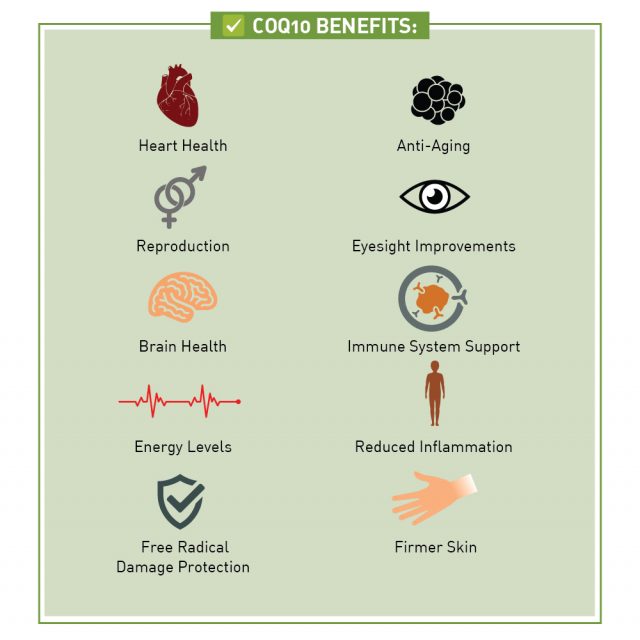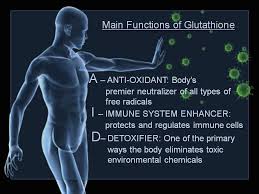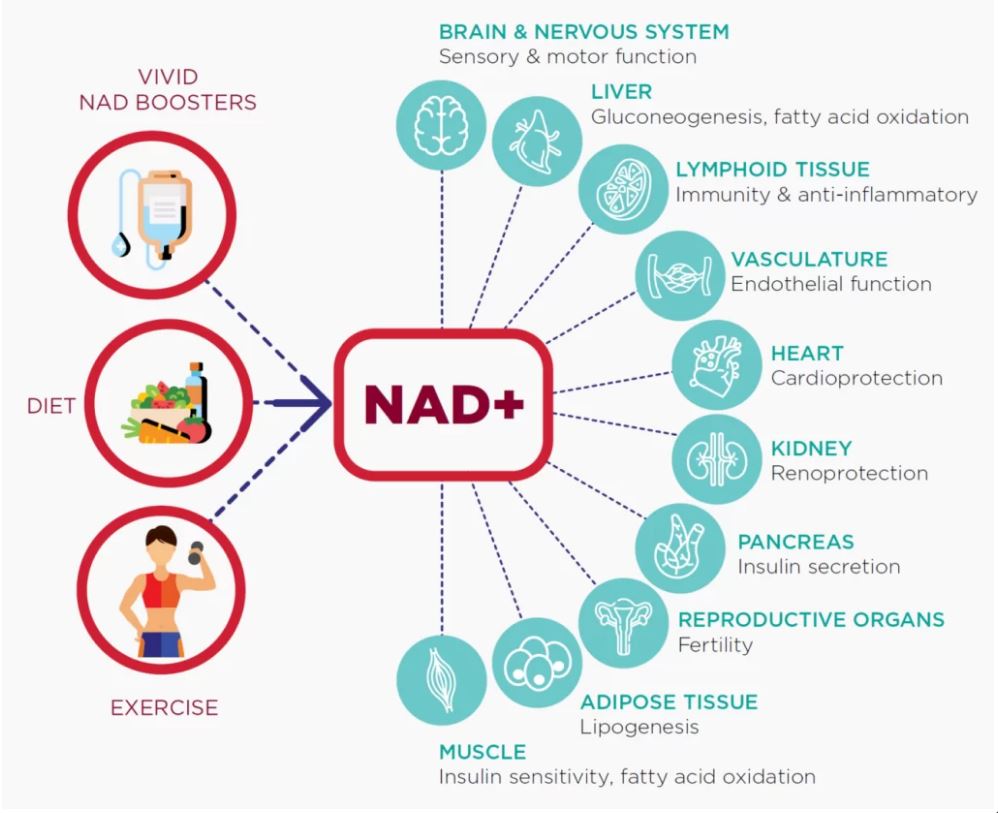Ingredients
Let food be your medicine and let medicine be your food - Hippocrates
Vitamin: a micronutrient that the body needs in small amounts to function and stay healthy. Sources of vitamins are plant and animal food products and dietary supplements. Vitamins are separated into two groups, the water-soluble and the fat-soluble vitamins. The water-soluble vitamins includes B1, B2, B3, B5, B6, B7, B9, B12, and VC. The fat-soluble vitamins are VA, VE, VD, and VK.
A Master Antioxidant that combats free radicals and directly boosts the immune system. Free radicals are made when your body breaks down food or when you are exposed to an external or environmental toxin such as X-rays, ozone, cigarette smoke, air pollutants, industrial chemicals, etc…
Vitamin C provides protection against viral infections, bacterial infections, and seasonal allergies. Vitamin C is also a key factor in collagen & energy production, tissue growth and repair. It forms an important protein used to form, repair, and maintain blood vessels, cartilage, and aids in wound healing process and scar formation.
High dose Vitamin C is especially useful when you are under a lot of stress, feeling excessive fatigue, when your immune system needs a boost, or when your skin needs to be restored to glowing conditions after sun damage.
A fat-soluble vitamin and building block for strong bones and calcium absorption. Vitamin D also boosts the immune system by promoting resistance against bacterial and viral infection, regulates energy and hormone levels, enhances weight loss, and decreases body fat.
Often referred to as a water-soluble vitamin: meaning that the body does not store them; therefore they must be replaced frequently, especially when the body is under any type of physical or emotional stress. B Complex includes B-1 (thiamine), B-2 (riboflavin), B-3 (niacin), B-5 (pantothenic acid), B-6 (pyridoxine), B-7 (biotin), B-9 (folic acid) and B-12 (cobalamin): These vitamins are essential in maintaining good health and overall bodily function. As the building blocks of a healthy body, B vitamins help the body convert your food (carbohydrates) into fuel (glucose), which is used to produce energy and help the body metabolize fats and protein. They also have a direct impact on your energy level, brain and nerve function and cell metabolism. They help in red blood cell production, infection prevention, regulation of healthy digestion and appetite, maintenance of hormonal balance, and optimization of cardiovascular health.
Also called pyridoxine, one of 8 B vitamins that help the body make several neurotransmitters; (chemicals that carry signals from one nerve cell to another). It is needed for normal brain development and function, and it helps the body make the hormones serotonin and norepinephrine, which influence mood. Pyridoxine also helps the body make melatonin, which regulates the body’s natural clock. Along with vitamins B12 and B9 (folic acid), B6 helps regulate homocysteine levels in the blood and helps your body absorb vitamin B12 to make red blood cells and cells in the immune system.
Also called cobalamin, is one of the 8 water soluble B vitamins responsible for the normal functioning of the brain and nervous system. Vitamin B12 is an essential component for proper digestion and absorption of foods, and for normal metabolism of carbohydrates and fat. It’s involved in homocysteine metabolism and plays a critical role in proper energy metabolism and immune function. It aids in maintaining healthy nerve cells, forming new red blood cells, and it plays a key role in DNA synthesis and regulation. B12 has been used to treat diseases such as; pernicious anemia, diabetic neuropathy, and peripheral neuropathy. Evidence also suggests it is used in treating fatigue, low energy, stress, anxiety, migraine, depression, promoting weight loss and more.
Mineral: a chemical element required as an essential nutrient by organisms to perform functions necessary for life. They are needed for the proper composition of body fluids, tissues, bone, teeth, muscles, and nerves. Minerals also play a significant role in maintaining healthy nerve function, the regulation of muscle tone, and supporting a healthy cardiovascular system.
One of the most important minerals for the human body. It is principally found in bones and teeth. It helps form and maintain healthy teeth and bones. It’s also an essential ion for blood to clot, muscles to contract, and for the heart to beat steady. Calcium also plays an important role in treating numbness, tingling in fingers, muscle cramps, confusion/mood swings, and lethargy. Maintaining a proper level of calcium in the body over a lifetime can help prevent osteoporosis.
Magnesium is a vital mineral in the body and plays an essential role in neurochemical transmission and muscle contraction and relaxation. Magnesium helps maintain normal muscle tone and nerve function, regulates blood pressure, and keeps the heart rhythm steady; it also relaxes the blood vessel walls and increases blood flow. It is used effectively in treating seizure, migraine headache, weakness, involuntary twitches and arrhythmia.
Essential mineral that plays an important role in immune function, protein and DNA synthesis, wound healing, cell division, and sense of smell. It also interacts with the hormone insulin to improve glucose metabolism and is a key factor in the regulation of blood glucose levels.
Amino Acids: a molecules that combine to form proteins. Amino acids and proteins are the building blocks of life. When proteins are digested or broken down, amino acids are left. The human body uses amino acids to make proteins to help the body: Break down food, grow and repair body tissues. Amino acids are also used as a source of energy by the body.
L-Glutamine is the most abundant and most important amino acid found in the human body. Its primary purpose is to serve as a building block of protein, but it is also a critical part of the immune system and intestinal health. It plays a vital role in metabolic processes, maintains the barrier between the intestines and the rest of the body, detoxifies the liver, and provides fuel to cells in the body.
L-Glycine is a glucogenic amino acid created in the liver from the amino acids serine and threonine. It is one of the amino acids necessary for the biosynthesis of creatine. Creatine provides muscles with a direct energy source and helps to build muscle tissue, strength, and performance. Glycine also helps improve mood and cognitive function during hypoglycemia (low blood glucose level) and with a low carbohydrate diet. Glycine also helps to stimulate the secretion of human growth hormone.
L-Carnitine is an amino acid that is made in the human brain, liver, and kidneys. It plays an important role in helping the body turn fat into energy, elevating certain enzymes that are needed by the body to effectively metabolize sugars, starches, and other carbohydrates. It aids in maintaining healthy heart function brain function, muscle movement, and it reduces the accumulation of lactic acid. It also acts as an antioxidant and can be used for anti-aging, as well as a weight loss supplement.
L-Lysine An essential amino acid that the human body does not naturally produce. Lysine is needed for growth and bone development and appears to help the body absorb calcium. It also helps in the production of antibodies and supports the immune system. Lysine plays an important role in the formation of collagen, a substance important for bones and connective tissues including skin, tendons, and cartilage. It also used for athletic performance enhancement and for the treatment for cold sores
L-Proline is a non-essential amino acid that helps form collagen, regenerate cartilage, and repair joints. It also forms connective tissue, protects the gut lining, repairs skin damage, and promotes wound healing. Proline helps lower the buildup of arterial plaques and the risk of cardiovascular disease. This amino acid is best recognized for its effect on the appearance and health of the skin.
L-Arginine is an amino acid that helps the body build protein. It’s converted in the body into a chemical called nitric oxide which acts as a vasodilator, dilating blood vessels and increasing blood flow. It also stimulates the release of growth hormone, insulin, in the body and is widely used in the treatment of erectile dysfunction.
L-Theanine is an amino acid and has a chemical structure very similar to glutamate- a naturally occurring amino acid in the body that helps transmit nerve impulses in the brain. Theanine promotes natural GABA release in the brain, and it is one of the nutrients found in green tea and some mushrooms. It has a calming effect, and it is used to improve mental function by reducing stress and anxiety while promoting relaxation.
Antioxidants: a substance that protects cells from the damage caused by free radicals (unstable molecules made by the process of oxidation during normal metabolism). Free radicals may play a part in cancer, heart disease, stroke, and other diseases of aging.
-ALA- (Lipoic Acid): A potent antioxidant fatty acid naturally found inside every cell in the body. Lipoic Acid is both water and fat soluble, which means it can penetrate all tissues in the body. Its primary function is to convert glucose into energy, fight against inflammation, and remove waste products (free radicals). Lipoic Acid also has an anti-aging benefit since it can reverse some oxidant damage by increasing the formation of glutathione. It’s also believed to have beneficial effects in treating conditions such as diabetic neuropathy and enhancing weight loss.
CoQ10 or ubiquinone is a naturally occurring fat-soluble quinone that is an excellent antioxidant. Its greatest concentration is in the mitochondria, where energy is made for every cell in the body. As a potent antioxidant CoQ10 is used for its anti-aging and athletic performance enhancement benefit. It has cardio-protective benefits, supports energy production, improves cognition, and enhances the appearance of the skin.
-Glutathione ( GSH)- A Master water-soluble tripeptide antioxidant containing the amino acids (Cysteine, Glycine, and Glutamic acid). Glutathione (GSH) is needed for cellular production of energy and proper immune function. It is virtually found in every cell of the human body with the highest concentration found in the liver, making it critical in the body’s detoxification process. To put it simply, Glutathione protects your cells from DNA damage and keeps your body from rusting. Its primary function is to detoxify chemicals, prevent , delay, and reverse cell damage. GSH also fights the signs of aging, boosts immune system function and enhances athletic performance & recovery.
Coenzyme: are essential components of the many metabolic processes that sustain life on the cellular level. They are defined as non-protein molecule that binds to the active sites of certain enzymes to assist in the catalysis of chemical reaction. Coenzymes are not active on their own and requires the presence of an enzyme to function. While enzymes are proteins, coenzymes are small, non-protein molecules and attaches loosely to enzymes so they can break free after a reaction and be used again. Most coenzymes are vitamins or derived from vitamins in your diet. Examples of coenzymes include: (NAD), (NADP, (FAD), and all of the water-soluble vitamins and two of the fat-soluble vitamins, A and K.
Nicotinamide Adenine Dinucleotide (NAD) is an essential amino acid and coenzyme of Niacin (Vitamin B3) that is found in all living cells and plays an important role in the body’s oxidation-reduction reaction. Nicotinamide adenine dinucleotide exists in two forms: the oxidized and reduced form, (NAD+ and NADH). In a simple term without NAD+, your cells wouldn’t be able to metabolize carbohydrates, fats, and amino acids. NAD+ promotes cellular energy by converting food into energy, repairs DNA, and increases the sirtuin enzyme activity which, in the long run can help increase metabolism, decrease inflammation, extend cell life, and prevent neurodegeneration. Among the many advantages, NAD+ has also been shown to provide benefits for anti-aging, as well as recovery from vigorous athletic and mental activities. Many studies have reported that NAD+ levels decline with aging, which contributes to the development of aging-related diseases such as a decline in cognitive function. One of the most impacted organs from NAD+ deficiency is the brain. NAD+ serves as a catalyst in brain renovation, allowing us to restore our supply of neurotransmitters, improve cognitive functioning, mental clarity, alertness, concentration, and memory, overcome anxiety and depression, and other conditions by giving the brain what it needs to return to its proper functioning. It has a powerful capacity to reset the brain to its original set point. Because of its role in energy production and DNA repair, NAD+ may also be used for improving athletic performance and reduce aging effects.


